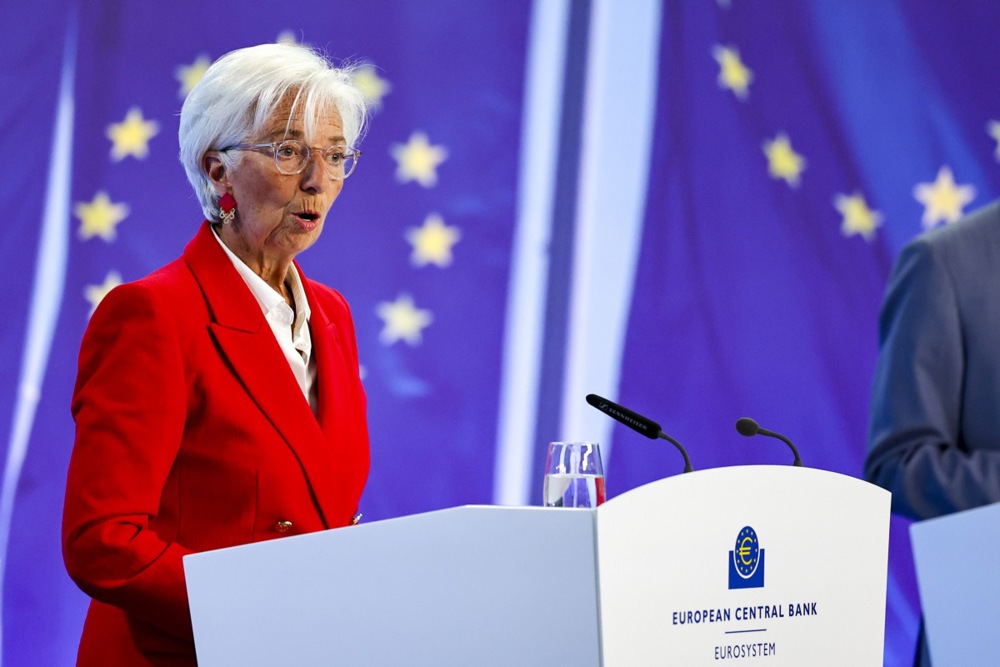Rice prices have fallen to a record low after the Philippines announced it would suspend rice imports for 60 days. The move removes the world’s largest buyer from the market and increases pressure on exporters in Asia to lower prices.
The Philippines had declared a food security emergency earlier this year due to high rice prices, as Bloomberg reported August 6.
“An import halt by one of the world’s largest rice buyers can absolutely generate price effects,” Hans Dewachter, chief economist at Belgian bank KBC, told Brussels Signal August 6.
“Production volumes in exporting countries are predetermined, so the oversupply created by a, maybe temporary, import suspension must be absorbed either through trade diversion, storage , which is expensive, or destruction. The latter two options carry high costs, so serving other markets with maybe cheaper rice becomes the alternative.”
With local supplies stabilised in the Philippines, the government is now halting imports to protect domestic farmers. The country was expected to buy 5.4 million tonnes of rice in the 2025–26 season, more than any other country, according to the US Department of Agriculture.
“The opportunity cost of storage also depends on whether the import ban in the Philippines is temporary or partially, permanent. If that risk increases, so does the price effect. This drop in price could certainly stimulate demand for rice in Europe, but even more so in the Middle East and Asia”, Dewachter said.
Global rice prices have fallen to an eight-year low, and the Philippine ban is scheduled for September 1.
China, the world’s largest consumer of rice, is likely to benefit from lower prices. While it produces most of its supply domestically, Beijing regularly imports selected rice types for stockpiling. Lower prices allow it to increase reserves without hurting domestic producers.
China may produce most of its own rice, but it still imports significant quantities—often premium or aromatic varieties not widely grown locally.. Rapid urbanisation and growing demand for these higher-quality types have fueled imports from countries like Thailand, Vietnam, and India. Moreover, concerns about food safety and distribution inefficiencies—such as high transport costs—have also pushed China to supplement domestic supply with imports.
Europe is seeing the opposite trend. A recent study on the impact of climate on food prices identified 16 items across 18 countries that became more expensive due to extreme weather. Two came from Europe. In the UK, potato prices rose 22 per cent between January and February 2024 following heavy winter rainfall.
In Russia, average potato prices rose 92 per cent between January and April 2024, according to national statistics. Bloomberg reported in May that prices were expected to ease from July as new crops and imports entered the market.
In Belgium, potatoes remain the leading staple. On an average day in 2024, 51 per cent of Belgians reported eating potatoes, compared to 9 per cent for rice. But consumption of fresh potatoes dropped 3 per cent compared to 2023, while prices rose 10 per cent to €1.58 per kilo, according to a Belgian study published by the Flanders’ Agricultural Marketing Board.
Economists say substitution across food staples is possible but limited. Cultural preferences, preparation methods and dietary habits often outweigh price differences.
That matters when predicting consumer response to rice price changes, according to Mathias Celis, behavioural economics searcher at the University of Ghent. “Even if rice becomes cheaper than pasta or potatoes, most families won’t switch overnight — habits matter more than prices,” Celis told Brussels Signal August 7.
“If storage is too expensive and export markets too few, rice will flow where it can,” Dewachter said. “In Europe, the effect may be modest — but it can happen.”
“While this may seem like good news for consumers in terms of affordability, how they respond is a different story,” Celis said. “Price is never just price — it carries meaning.”
He warned that media and social cues play an outsized role: “We saw it during COVID — when people saw others panic-buying, they joined in. That same chain reaction could happen here if a drop in rice prices is framed as something unnatural or linked to future scarcity.”
Still, he doesn’t expect dramatic shifts. “Most Belgians keep maybe a kilo of rice at home. They’ll notice a price drop, maybe buy one extra pack. But 60 days is too short to change routines,” Celis added.
Chris Gattringer contributed to this report.





